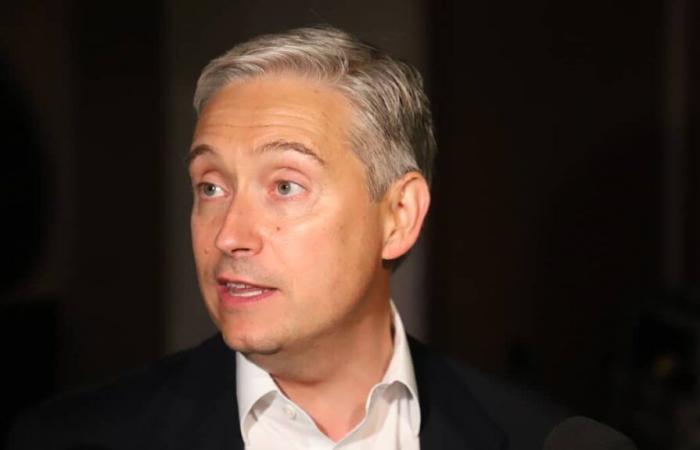The oldest paper mill still in operation in Trois-Rivières is tackling carbon capture, since the Wayagamack factory will set up a carbon capture system, with an investment of nearly $24 million.
Kruger thus prides itself on achieving a world first in a pulp and paper industrial installation.
The pilot project will capture five tonnes of carbon per day, emitted by certain boilers at the plant running on natural gas. The technology used was developed by the company Mantel Capture, founded by engineers and scientists from the Massachusetts Institute of Technology.
After successful laboratory tests, the objective is to transpose the technology to the pulp and paper industry, a world first.
What is particularly innovative is that the carbon captured will even be reused in the same installations. “We currently have an operation on machine number 4 which requires the use of CO2 for PH control in paper manufacturing,” explained the Senior Vice President Manufacturing at Kruger Pulp and Paper.
“So, we are already consuming CO2. What we are going to do is that we are going to replace what we currently consume with the CO2 that we are going to capture with the project that was announced today.”
An announcement which will allow “to achieve the great challenge of decarbonizing the economy”, estimated the Minister of Innovation, Science and Industry of Canada, François-Philippe Champagne.
“We do it in aluminum, we do it in steel and now we do it in pulp and paper. This is why we have record investments in Quebec. People want to come here because we are ahead of the industry,” said the minister. Ottawa is offering a contribution of $8 million.
A demonstration project
Quebec, for its part, is offering $9.5 million as part of the Technoclimat program of the Ministry of the Environment. It will be a technological demonstration project, as Labor Minister Jean Boulet explains.
“It’s a financial incentive for a pre-commercial project. We hope it generates more benefits.”
He adds that if the project achieves the desired results, Kruger Wayagamack plans to implement it throughout its factory operations. “It will cause a reduction of 40 tonnes of greenhouse gases, which is the equivalent of removing 11,750 gasoline vehicles. It’s fantastic!” said Mr. Boulet.
The decarbonization project should be commissioned in November 2025.






